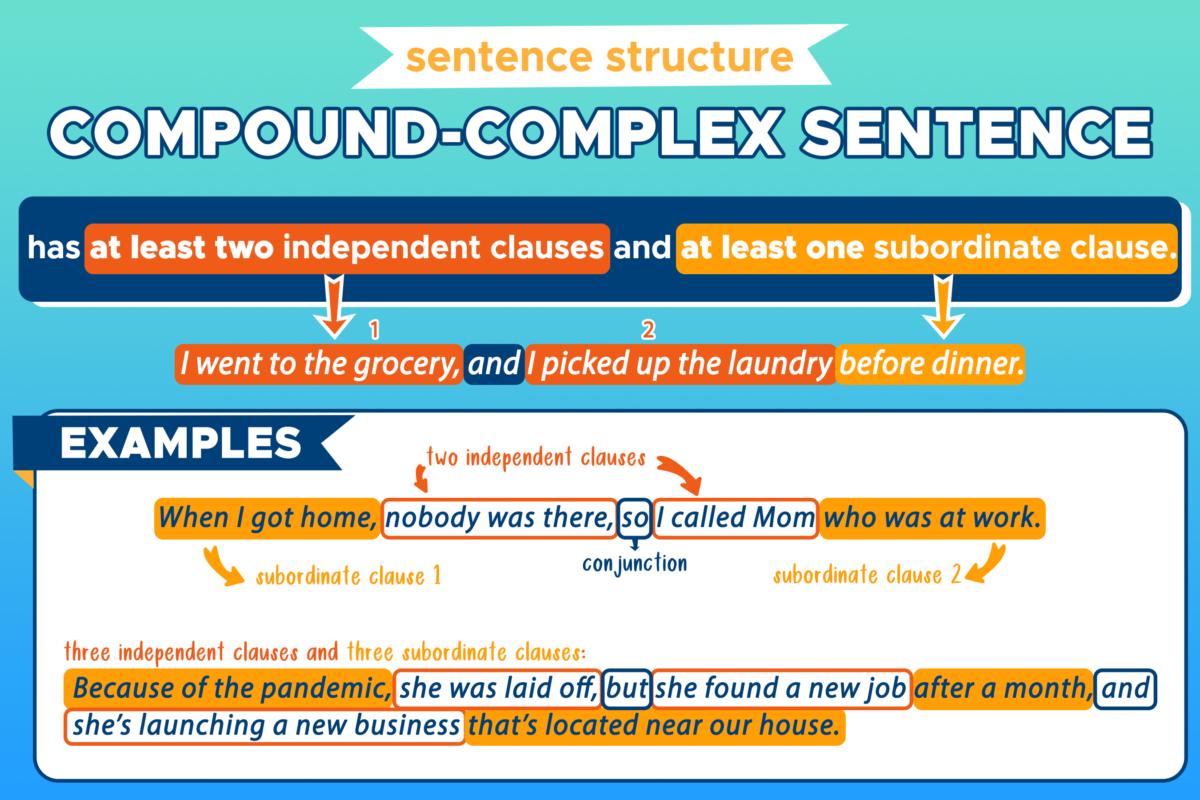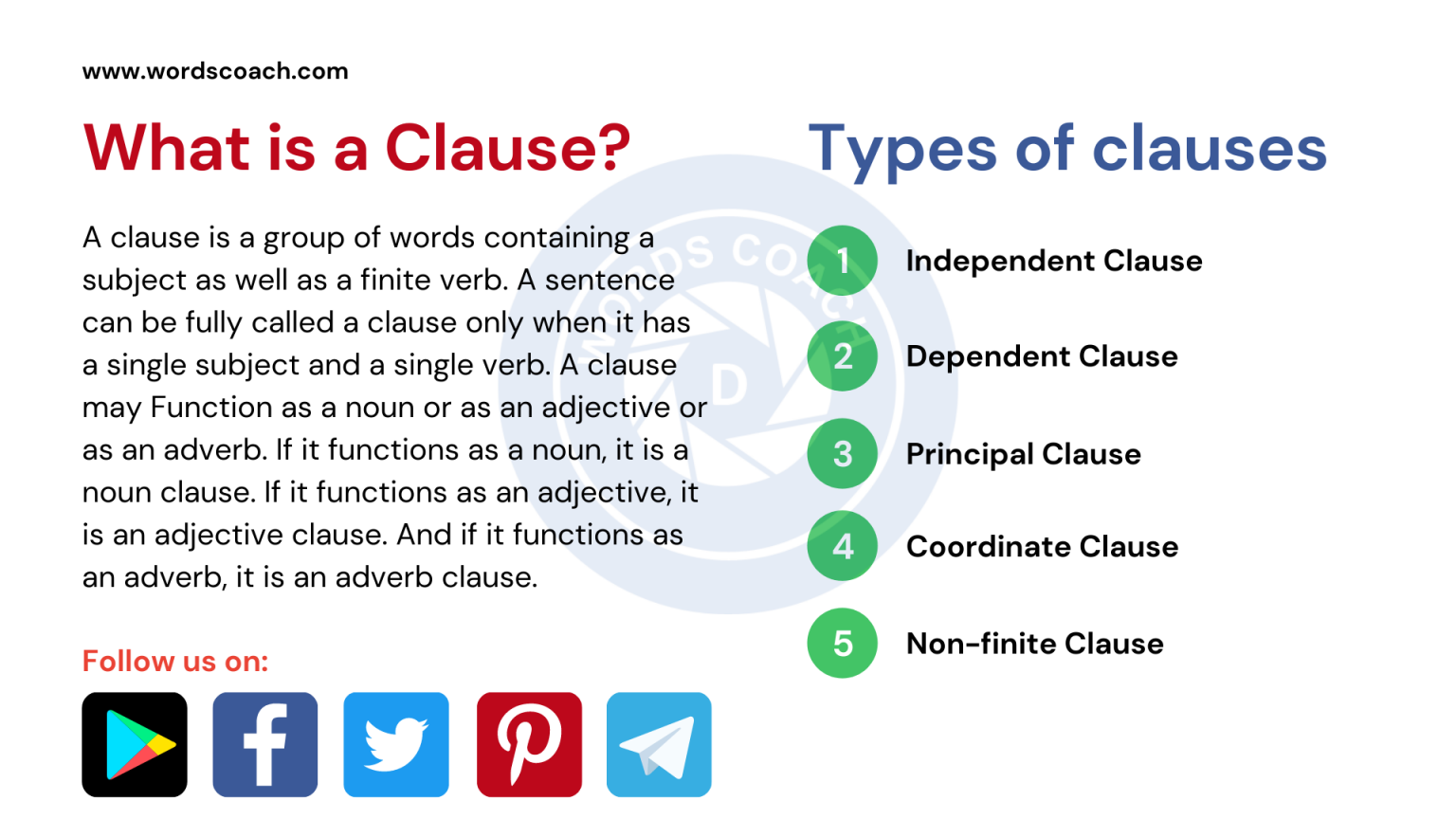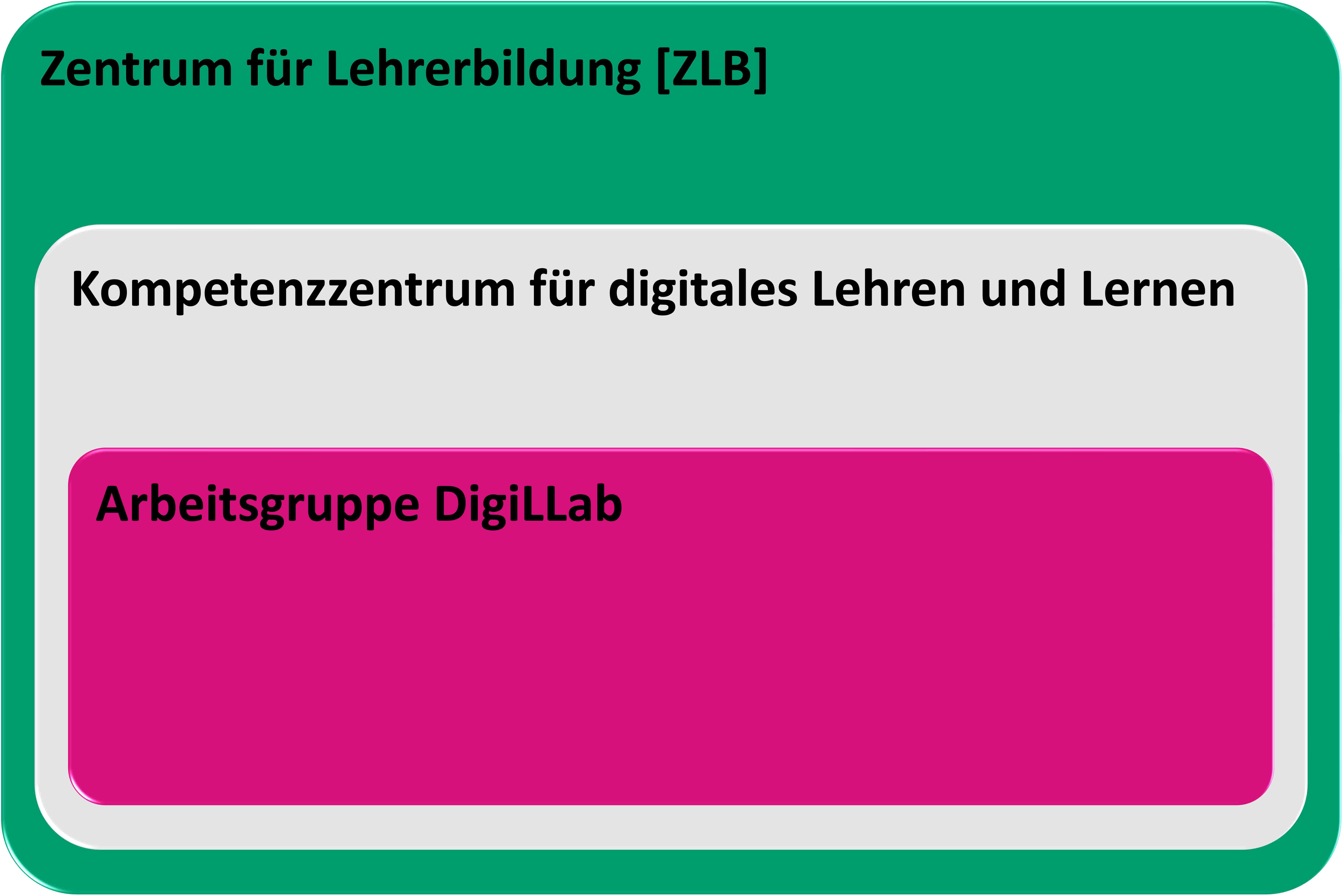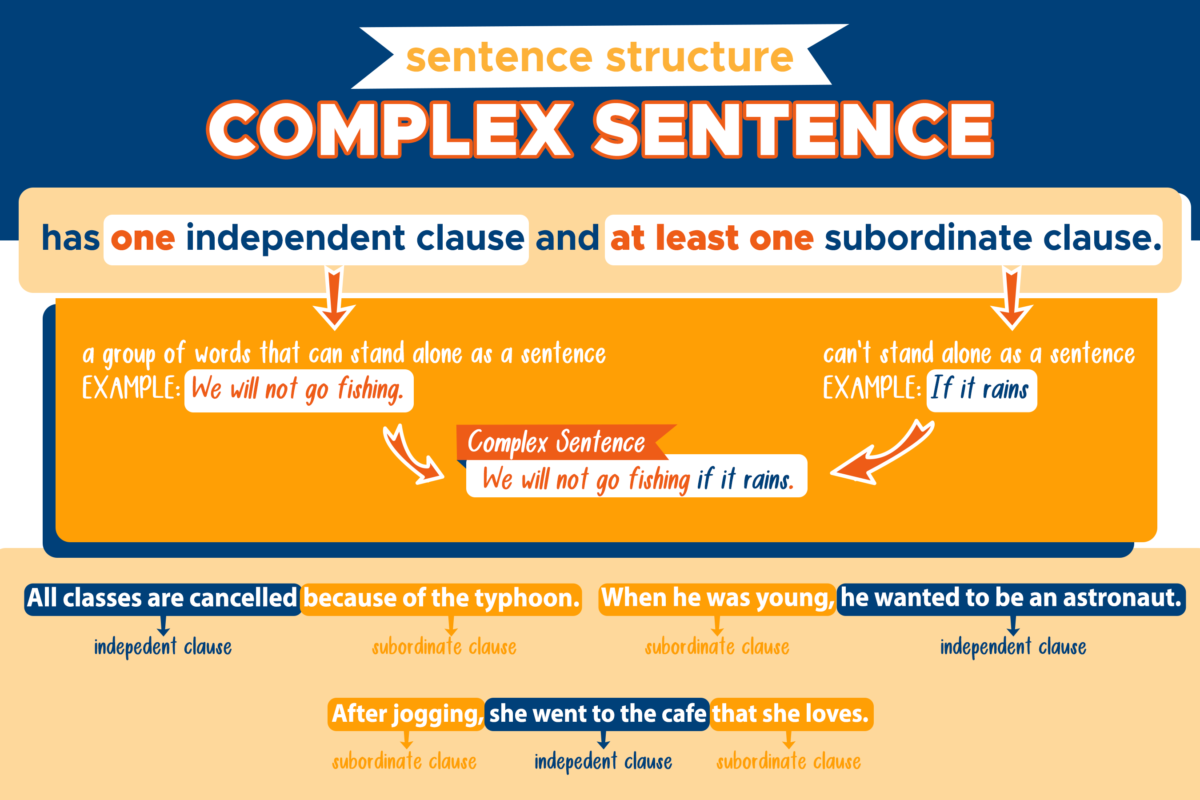Which Word Signals A Nonrestrictive Clause In A Complex Sentence
Which Word Signals A Nonrestrictive Clause In A Complex Sentence - While and yet are used as conjunctions to show contrast or time relations. Which word signals a nonrestrictive clause in a complex sentence? In grammar, a nonrestrictive clause provides additional information about a noun or pronoun in the main clause but is not essential to. That is commonly used to introduce restrictive clauses, which are. A (n) ________ clause should always be separated from the rest of the sentence. It is offset with commas or other parenthetical punctuation. The relative pronouns “which,” “who,” “whom,” and “whose” can all be used to signal a nonrestrictive clause in a complex sentence. In complex sentences, the word which typically signals a nonrestrictive clause. The relative pronouns “which,” “who,” “whom,” and “whose” can all be used to signal a nonrestrictive clause in a complex sentence.
Which word signals a nonrestrictive clause in a complex sentence? While and yet are used as conjunctions to show contrast or time relations. It is offset with commas or other parenthetical punctuation. That is commonly used to introduce restrictive clauses, which are. In complex sentences, the word which typically signals a nonrestrictive clause. A (n) ________ clause should always be separated from the rest of the sentence. The relative pronouns “which,” “who,” “whom,” and “whose” can all be used to signal a nonrestrictive clause in a complex sentence. In grammar, a nonrestrictive clause provides additional information about a noun or pronoun in the main clause but is not essential to. The relative pronouns “which,” “who,” “whom,” and “whose” can all be used to signal a nonrestrictive clause in a complex sentence.
It is offset with commas or other parenthetical punctuation. That is commonly used to introduce restrictive clauses, which are. A (n) ________ clause should always be separated from the rest of the sentence. The relative pronouns “which,” “who,” “whom,” and “whose” can all be used to signal a nonrestrictive clause in a complex sentence. The relative pronouns “which,” “who,” “whom,” and “whose” can all be used to signal a nonrestrictive clause in a complex sentence. In complex sentences, the word which typically signals a nonrestrictive clause. Which word signals a nonrestrictive clause in a complex sentence? In grammar, a nonrestrictive clause provides additional information about a noun or pronoun in the main clause but is not essential to. While and yet are used as conjunctions to show contrast or time relations.
Coordinate Clauses Which Word Signals A Nonrestrictive Clause In A
It is offset with commas or other parenthetical punctuation. While and yet are used as conjunctions to show contrast or time relations. Which word signals a nonrestrictive clause in a complex sentence? In complex sentences, the word which typically signals a nonrestrictive clause. That is commonly used to introduce restrictive clauses, which are.
Coordinate Clauses Which Word Signals A Nonrestrictive Clause In A
That is commonly used to introduce restrictive clauses, which are. Which word signals a nonrestrictive clause in a complex sentence? It is offset with commas or other parenthetical punctuation. In grammar, a nonrestrictive clause provides additional information about a noun or pronoun in the main clause but is not essential to. While and yet are used as conjunctions to show.
Compound Complex Sentence Sentence Structure Curvebreakers
In complex sentences, the word which typically signals a nonrestrictive clause. While and yet are used as conjunctions to show contrast or time relations. That is commonly used to introduce restrictive clauses, which are. It is offset with commas or other parenthetical punctuation. In grammar, a nonrestrictive clause provides additional information about a noun or pronoun in the main clause.
Relative Clause Examples with Answers Word Coach
The relative pronouns “which,” “who,” “whom,” and “whose” can all be used to signal a nonrestrictive clause in a complex sentence. While and yet are used as conjunctions to show contrast or time relations. It is offset with commas or other parenthetical punctuation. A (n) ________ clause should always be separated from the rest of the sentence. That is commonly.
Organisationsstruktur
While and yet are used as conjunctions to show contrast or time relations. Which word signals a nonrestrictive clause in a complex sentence? In complex sentences, the word which typically signals a nonrestrictive clause. That is commonly used to introduce restrictive clauses, which are. The relative pronouns “which,” “who,” “whom,” and “whose” can all be used to signal a nonrestrictive.
Coordinate Clauses Which Word Signals A Nonrestrictive Clause In A
That is commonly used to introduce restrictive clauses, which are. A (n) ________ clause should always be separated from the rest of the sentence. In grammar, a nonrestrictive clause provides additional information about a noun or pronoun in the main clause but is not essential to. The relative pronouns “which,” “who,” “whom,” and “whose” can all be used to signal.
Which Word Signals A Nonrestrictive Clause In A Complex Sentence? That
The relative pronouns “which,” “who,” “whom,” and “whose” can all be used to signal a nonrestrictive clause in a complex sentence. Which word signals a nonrestrictive clause in a complex sentence? In grammar, a nonrestrictive clause provides additional information about a noun or pronoun in the main clause but is not essential to. While and yet are used as conjunctions.
Complex Sentence Promova Grammar
The relative pronouns “which,” “who,” “whom,” and “whose” can all be used to signal a nonrestrictive clause in a complex sentence. In complex sentences, the word which typically signals a nonrestrictive clause. While and yet are used as conjunctions to show contrast or time relations. That is commonly used to introduce restrictive clauses, which are. The relative pronouns “which,” “who,”.
Complex Sentence Sentence Structure Curvebreakers
The relative pronouns “which,” “who,” “whom,” and “whose” can all be used to signal a nonrestrictive clause in a complex sentence. A (n) ________ clause should always be separated from the rest of the sentence. In complex sentences, the word which typically signals a nonrestrictive clause. The relative pronouns “which,” “who,” “whom,” and “whose” can all be used to signal.
Which word signals a nonrestrictive clause in a complex sentence
A (n) ________ clause should always be separated from the rest of the sentence. While and yet are used as conjunctions to show contrast or time relations. That is commonly used to introduce restrictive clauses, which are. It is offset with commas or other parenthetical punctuation. Which word signals a nonrestrictive clause in a complex sentence?
That Is Commonly Used To Introduce Restrictive Clauses, Which Are.
The relative pronouns “which,” “who,” “whom,” and “whose” can all be used to signal a nonrestrictive clause in a complex sentence. Which word signals a nonrestrictive clause in a complex sentence? A (n) ________ clause should always be separated from the rest of the sentence. The relative pronouns “which,” “who,” “whom,” and “whose” can all be used to signal a nonrestrictive clause in a complex sentence.
In Grammar, A Nonrestrictive Clause Provides Additional Information About A Noun Or Pronoun In The Main Clause But Is Not Essential To.
While and yet are used as conjunctions to show contrast or time relations. It is offset with commas or other parenthetical punctuation. In complex sentences, the word which typically signals a nonrestrictive clause.









